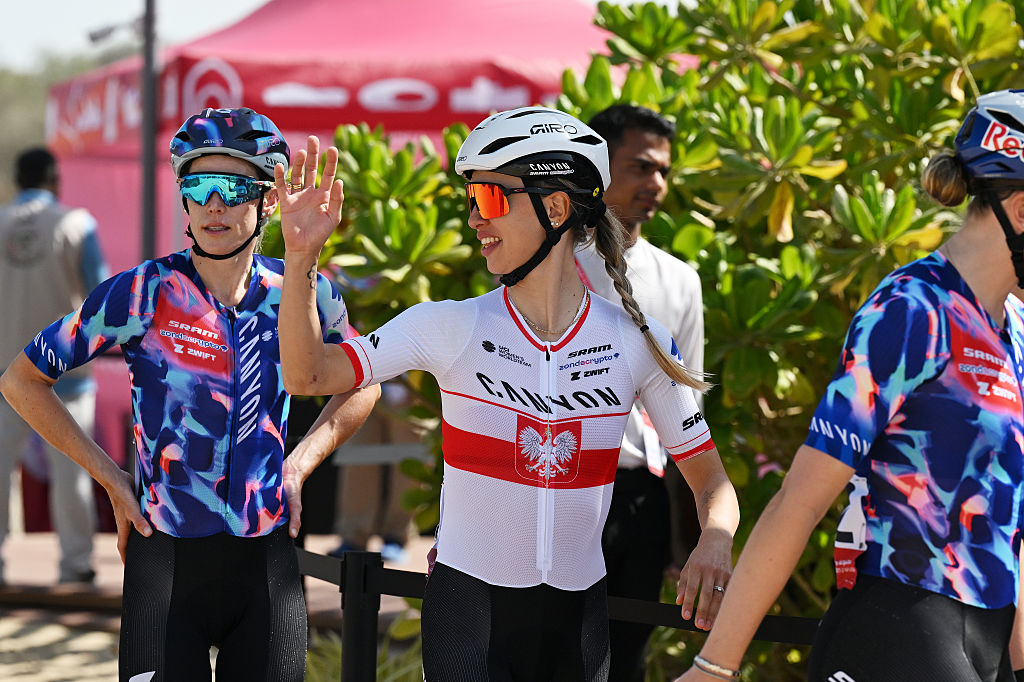HGH: mind over matter
Human growth hormone (HGH) has been thought to be used widely in the professional peloton as a...
The latest race content, interviews, features, reviews and expert buying guides, direct to your inbox!
You are now subscribed
Your newsletter sign-up was successful
Human growth hormone (HGH) has been thought to be used widely in the professional peloton as a performance-enhancing drug for several years, but a new study suggests that riders might have been putting their health at risk for a benefit that was all in their minds.
A study funded by the World Anti-Doping Agency (WADA) and the Australian Anti-doping Research Program was presented at a meeting of the Endocrine Society this week, as reported by Medical News Today, showed that some athletes showed improvements in performance while believing they were using HGH, but were actually given a placebo.
Previous studies have shown little performance benefit with human growth hormone, a drug which has been banned by WADA. The drug also has some dangerous side effects which include diabetes, cardiovascular diseases, high blood pressure and heart problems, abnormal growth of organs and a hastening of osteoarthritis. But neither dangers, the ineffectiveness nor the fact that the drug is banned has stopped some athletes from using HGH to try to boost performance.
Researcher Jennifer Hansen of the Garvan Institute of Medical Research in Sydney, Australia, led the study in order to find out if any performance enhancing quality comes from the drug or the athlete's belief that it works. "Athletes are doping with growth hormone to improve sporting performance despite any evidence it actually improves performance," said Hansen.
The 'double-blind' study, where neither researchers administering the drugs nor the athletes knew which person was given the active drug, was performed on 64 volunteers, all recreational athletes, over eight weeks.
The volunteers were subjected to tests measuring endurance, strength, power and sprinting ability at the beginning and again at the end of the eight week period. The subjects were asked at the end to guess if they were the placebo or HGH group.
The men were more likely to guess that they had received HGH than women, and the ones who were "incorrect guessers" who were given placebo but thought they had received the drug not only believed their performance improved, but also showed some actual improvement in jump height, a measure of power.
The latest race content, interviews, features, reviews and expert buying guides, direct to your inbox!
The researchers concluded, "The results of this study suggest that the placebo effect may be responsible, at least in part, for the perceived athletic benefit of doping with growth hormone for some people."
